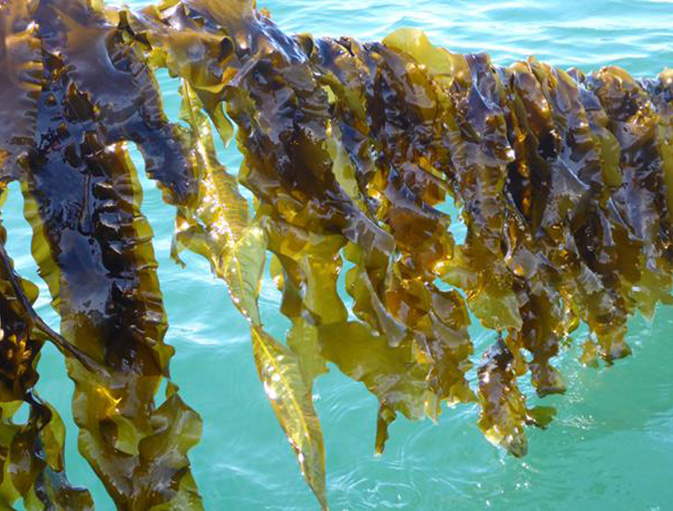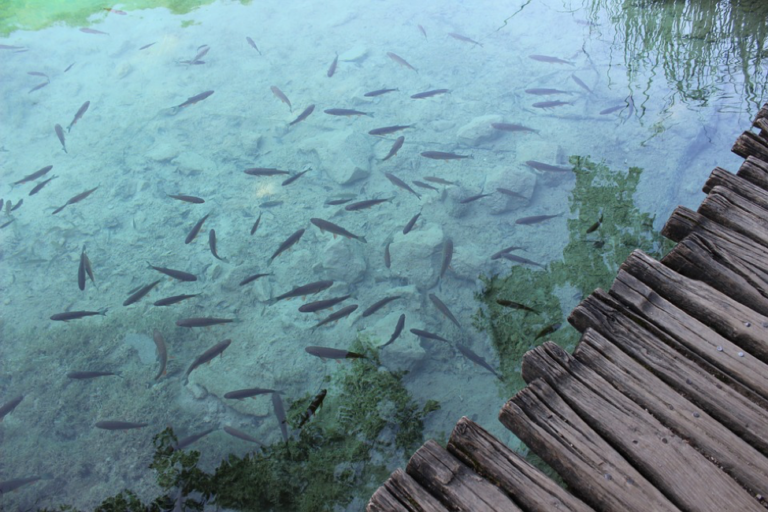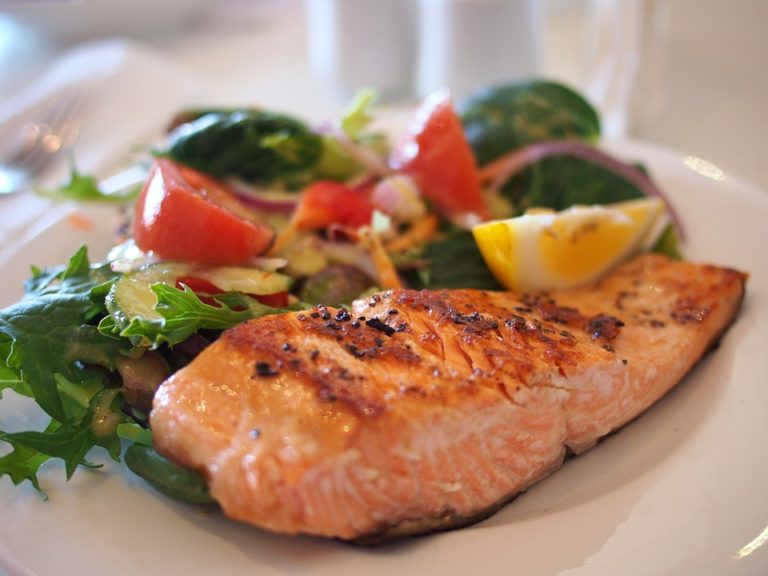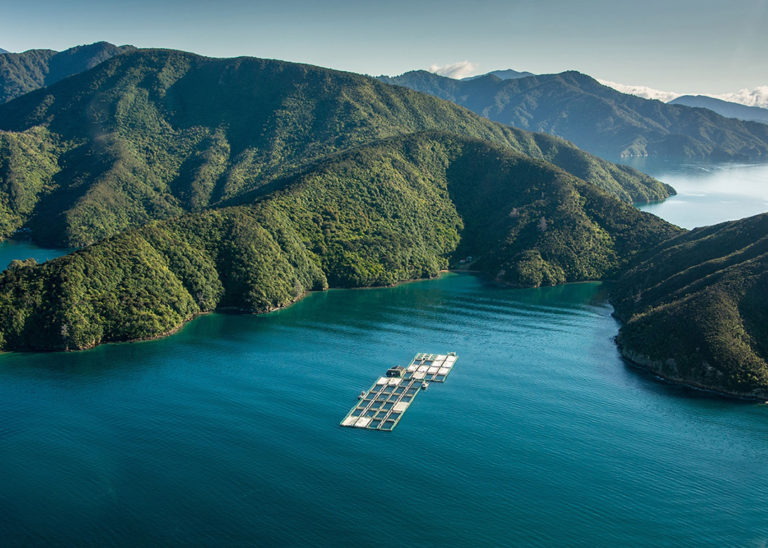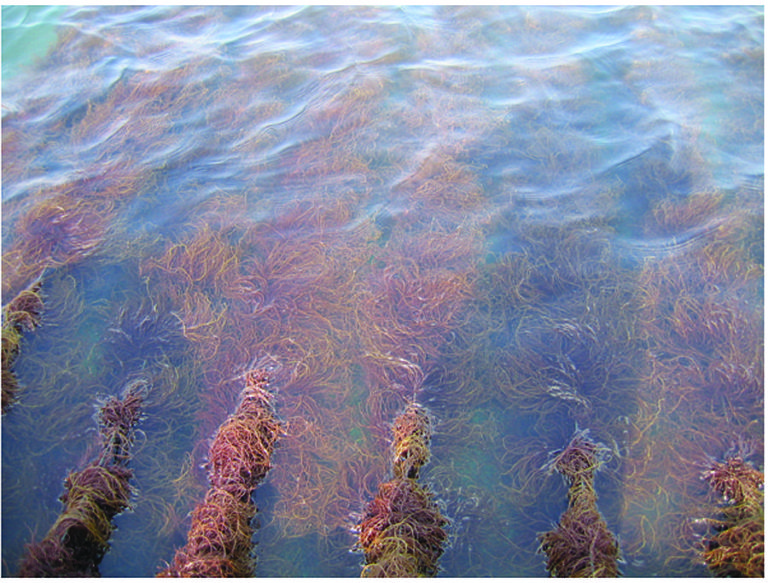
The Current State of Seaweed: Part II
The growth of the seaweed aquaculture industry is good for the economy and good for the ocean. The process of growing seaweed is environmentally friendly. Apart from planting the seeds and ensuring the seaweed is in a clean environment, seaweed often does not need feed or additional attention. The plants can grow naturally. Seaweed farms


